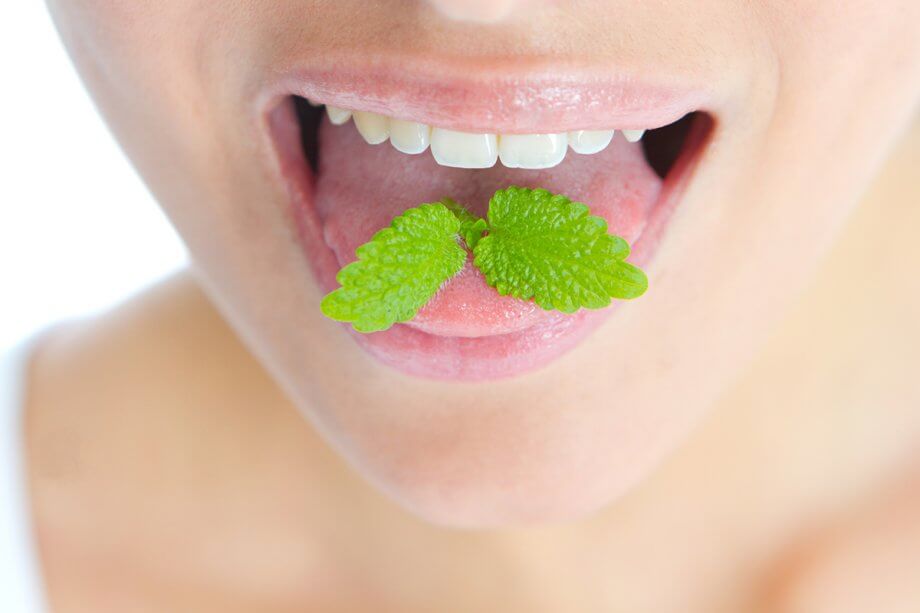Do you have bad breath? People are often unaware that their breath has an unpleasant odor unless someone is bold enough to tell them. But it can affect relationships, job interviews, and many other social situations.
Bad breath is not only a social problem, but it may indicate a dental health concern. Here are the top 10 causes of bad breath and what you can do to prevent it.
- Lack of proper oral hygiene. Brushing your teeth twice a day is recommended by most dentists. If you fail to brush your teeth, food residue and plaque build up and feed the bacteria in your mouth that cause bad breath. Higher populations of bacteria can cause chronic bad breath.
- Eating certain foods. Foods like garlic and onions are known to cause bad breath, but the effects are only temporary. If you eat these foods frequently, you may need to brush more often to fight the odors they leave in your mouth.
- Not going to the dentist regularly. Even if you brush your teeth at home, it is still important to go to the dentist every 6 months for cleanings and exams. The dentist can remove plaque and tartar that you may have missed with your toothbrush, as well as identify any potential oral health issues that could be causing bad breath.
- Forgetting to floss. Brushing your teeth goes a long way, but flossing is also important. Flossing removes food particles and plaque from between the teeth where bacteria is more likely to collect. If you brush frequently and still suffer from bad breath, consider adding flossing to your daily routine.
- Dry mouth. Some people suffer from dry mouth, a condition that occurs when the salivary glands don’t create enough saliva to keep the mouth moist. Dry mouth can cause bacteria to overpopulate and create an odor. If you suffer from dry mouth, sip water more often or speak to your dentist about treatment.
- Certain medications. There are certain medications that can cause dry mouth. Talk to your dentist and your doctor about the medications you are taking to find out if there are any alternatives or if adding a medication to boost your salivary glands would help.
- Gum disease. When plaque forms on the teeth and remains for an extended period of time, the bacteria contained in plaque can infect the gum tissue, causing a variety of symptoms that often includes bad breath. Regular dental cleanings and exams can prevent gum disease and the bad breath that accompanies it.
- Bacteria on the tongue. The tongue is an often neglected area of the mouth. The grooves and bumps on your tongue are places where bacteria can collect and cause bad breath. Brushing your tongue when you brush your teeth can help, or using a tongue scraper, a tool that removes bacteria from your tongue.
- Improper care of dentures or prosthetics. If you have dentures, a bridge, or any other artificial dental appliance it is necessary to clean them properly. Removable dentures need to be brushed and soaked while fixed prosthetics may require special tools to clean them. Your dentist can provide you with cleaning instructions for prosthetics.
- Use of tobacco products. Smoking and oral tobacco products can cause bad breath. It is best to avoid tobacco use completely, but good oral hygiene can help reduce the effects.
Dental Associates of Farmington, CT Can Treat the Causes of Bad Breath
If you suffer from bad breath, the Dental Associates of Farmington, Connecticut can help. We can identify the source of your bad breath and provide treatment when necessary. Our dentists can also offer tips to prevent bad breath from returning after treatment. Staying on schedule with regular dental appointments every 6 months is your best defense against bad breath.
Call 860-677-8666 today to schedule an appointment.

